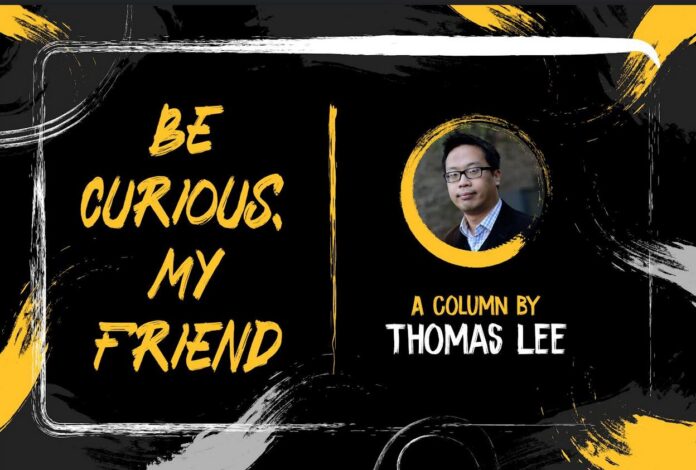By Thomas Lee
The most effective way to counteract false information, logic says, is with true information. But what happens if that true information sits behind a paywall?
We live in a troubling era of foreign nations trying to undermine democracies by spreading fake news through social media channels like Facebook and X.
Compounding the problem is that politicians and government officials not only enable this malfeasance but gleefully participate in such campaigns.
Campaigns have emerged to educate people about how to distinguish between fake and real news by identifying sources of information. Legacy major newspapers like the New York Times, Wall Street Journal and Washington Post are legitimate news organizations versus sites that like to traffic in conspiracies like InfoWars and The Daily Caller.
LATEST STORIES
Here’s the problem: credible journalism sits behind paywalls while fake news is entirely free. And people generally prefer free stuff.
Newspapers still enjoy greater credibility than other media formats like cable television, radio, and the Internet. There’s just something about printed words on paper that convey greater truth, I guess.
But as you may already know, the newspaper industry is in tatters. Advertising dollars have largely migrated online, depriving newspapers of their largest source of revenue.
In response, newspapers are trying to sell digital subscriptions to readers. The usual model is to offer a limited number of articles free before readers must buy a subscription to get past the paywall.
At best, the strategy has been a mixed bag. For the most part, most people either won’t or can’t pay for their news.
A big reason is that people find it hard to suddenly pay for something they got for little or no cost for all of these years. But another factor might be “subscription fatigue.”
Online movie and music streaming services have proliferated in recent years. I personally subscribe to Netflix, Amazon Prime, HBO Now, Disney Plus, Paramount Plus, and Spotify. Given a choice between paying to see The Mandalorian or reading your local daily newspaper, people will pick the former.
The Reuters Institute and Oxford University asked people what online subscription they would buy if they could only pick one for the next 12 months. Only 12 percent said they would choose news versus 28 percent who would pick Netflix or something similar. Another one-third say they would pick nothing.
“This means that, hypothetically, over three-quarters (76 percent) of people that currently pay for online news would stop paying if they would only have one online media subscription for the next year,” the report said.
The numbers get even worse for younger people: just 7 percent of people under 45 would pick news over everything else for the next year.
“Subscription fatigue, and the limits of pay models for news more broadly, will continue to pose
a serious challenge for the news business,” the report said. “Meanwhile, others are concerned about whether the continued growth of pay models will create an unequal news environment, where those willing to pay for news get good-quality information, and those that are not will make do with news designed to harvest people’s attention.”
A.K.A. clickbait and/or fake news.
Newspapers of course need to generate revenue. But paywalls are discouraging a lot of people from reading them.
Since nature abhors a vacuum, people will fill the void by reading content from sources that want to spread misinformation and sow discord.
Truth costs money. Lies are completely free.
AsAmNews is published by the non-profit, Asian American Media Inc. Make a tax-deductible donation of at least $40 or pledge a monthly recurring donation of at least $10 by August 31 and receive a free copy of The Legend of Mu Lan: Heroine of Ancient China, the inspiration for the classic Disney movie. We are supported in part by funding provided by the State of California, administered by the California State Library in partnership with the California Department of Social Services and the California Commission on Asian and Pacific Islander American Affairs as part of the Stop the Hate program. To report a hate incident or hate crime and get support, go to CA vs Hate.









